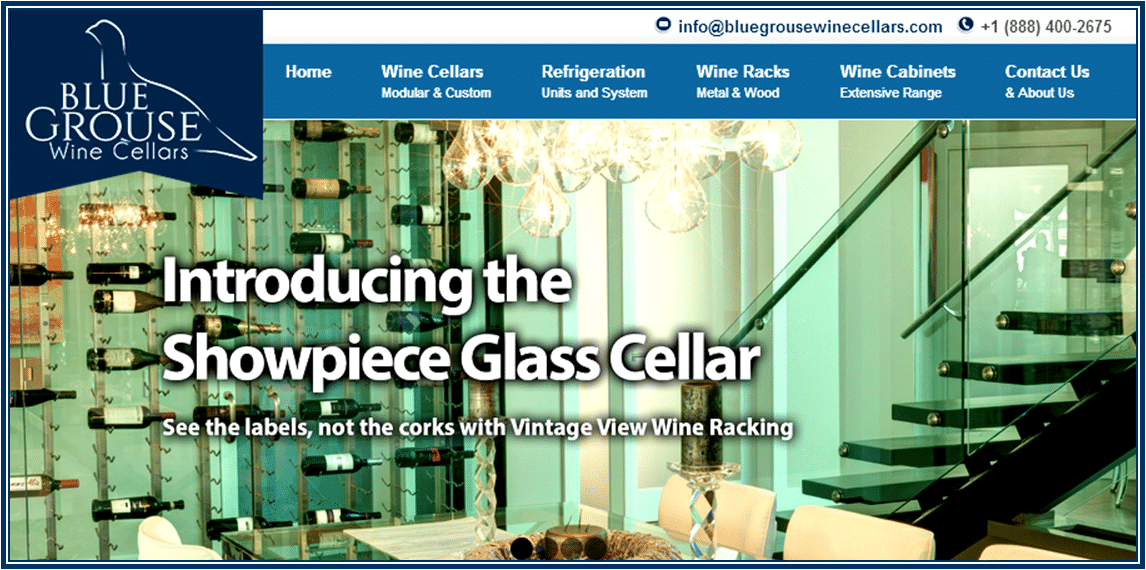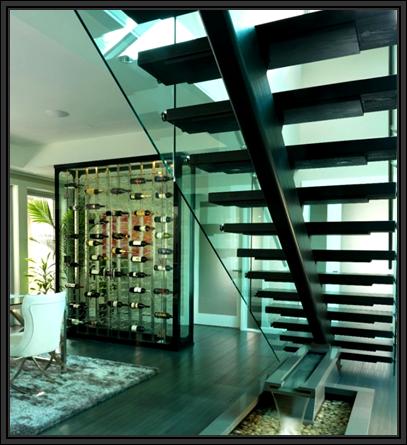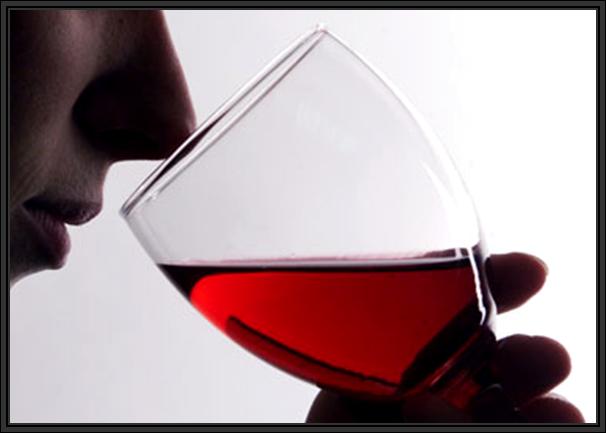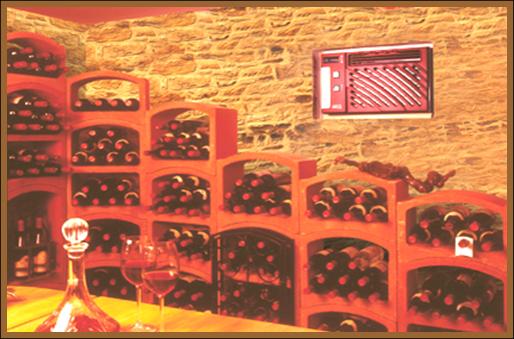Written by Holly Peters - Custom Wine Cellars Vancouver
Comments Off on Basic Construction Specifications when Building a Custom Wine Cellar in Canada
Planning to have a custom wine cellar in Canada? Whether it’s a commercial or residential wine cellar, there are specifications you need to follow in order to make sure that your wine storage room will function properly. Here are a few construction specifications for wine cellars in Vancouver:
1. Cellar Wall & Ceiling Frame
When building a wine cellar, make sure that the wall framing is built using standard 2×4 or 2×6 construction methods. It’s also imperative that you know and follow the building codes in your area. If metal studs will be used, be sure to place at least 5 rows of nailers horizontally in between studs at the right heights, or attach firing strips on the left edge of the metal studs. These nailers or strips are where the wine racks will be attached, so these have to be very durable.
2. Wine Cellar Vapor Barrier & Insulation
You need to install a vapor barrier and insulation to your custom wine cellar in Vancouver if it is to be chilled. Vapor barriers and insulation make sure that the cold inside the wine storage room is kept inside and remains constant.
In creating vapor barriers, you first need to apply 6-mill plastic sheeting to the warm side of the wine cellar walls. You must apply a vapor barrier on the outside walls and ceiling of your custom wine cellar. Make sure that the seams are taped and sealed before the walls are closed.
In cases wherein it’s not possible to apply a vapor barrier on the outside of the studs or joists, you must apply plastic inside the wine cellar to the outside walls. What most people commonly do is wrap the entire interior of their residential wine cellar in Canada leaving the plastic loose inside the stud cavity. In between the studs, you can apply insulation. It is imperative that all of the cellar’s walls and ceiling are completely wrapped in plastic so that vapor barrier is effective. Insulation for the walls should be R13, or greater while R19 to R30 is best for the ceiling.
3. Custom Wine Cellar Doors
If your custom wine cellar is to be chilled, the exterior grade of your wine cellar door should be solid core 1.75”. You may also choose to have glass on the cellar door; if so, you must use sealed insulated glass. To prevent warm air from penetrating the door, exterior grade weather stripping is also required.
The best type of lights are LED lights, but if you want to use recessed cans and halogen lighting accents, you must have a good wine cellar cooling unit to remove the heat generated by these lights out from the cellar. It is important to consider also that lighting that emits more heat also consumes more power.




